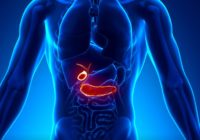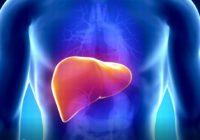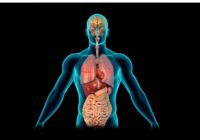Happiness Craving
Who doesn’t want to be happy? And often, we think that food is a good source of happiness. However, hunger is either physiological (fuel for survival) or psychological (influenced by sight, smell, stress, social, emotions etc). A number of hormones and neurotransmitters are at play, including appetite boosters, appetite suppressors, fullness and even stress indicators. And the problem is distinguishing between the two. Do you need fuel, or are you acting on an external trigger…
Read More



